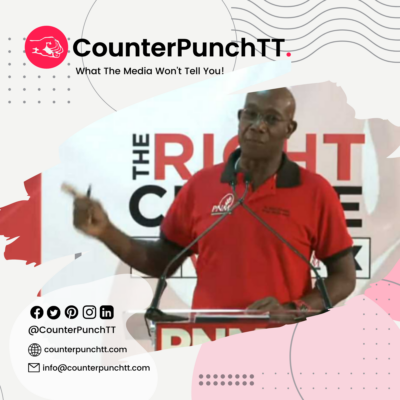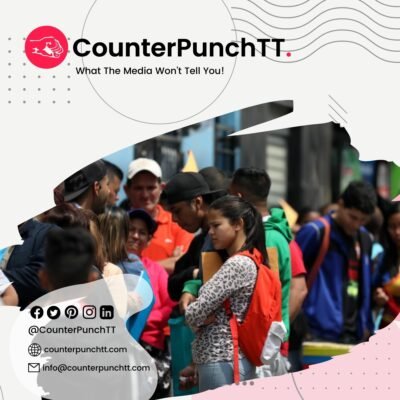FOR the hundreds of defenceless Venezuelan women thrown into Trinidad and Tobago prostitution, last Wednesday was just another working day.
The young ladies recruited from Tucupita and nearby communities and smuggled on rickety pirogues to south-west Trinidad were enduring another day of sexual exploitation.
In many cases, they have no forms of identification, are virtually imprisoned by pimps at brothels and watched over by crooked police officers.
The Venezuelans, according to official research, comprise at least 80 per cent of local prostitutes, with others coming mainly from Colombia and Dominican Republic.
The sex slaves, most of whom can’t speak English, didn’t hear the soaring International Women’s Day (IWD) platitudes or see the social media imagery or fancy quotations from inspirational figures.
They missed the lofty messages from national leaders, the concerts and rallies and buzzwords about how far sisters have come.
They were enduring another day of hell.
Volunteers working to improve the quality of life of Venezuelan migrants tell of sex workers sometimes consuming drugs to become numbed to their horrible daily activity.
Yes, police and social workers confirm the presence in various areas of the country of traditional Jean and Dinah, Rosita and Clementina.
But most local prostitution is tied to illegal migrants who are victims of human trafficking.
With respect to human trafficking, the United States has said that T&T “does not meet the minimum standards for elimination.”
There are no convictions under the anti-trafficking law, and scores of corrupt police officers are protecting pimps instead of hauling them to justice.
There are “insufficient government funding and personnel for comprehensive victim care,” the US said.
The T&T authorities remain passive as Venezuelan recruiters elude the Guardia Nacional during dark nights, and ferry women and girls to Icacos, Moruga and Erin with assurances of a better life.
The US has called for “robust trafficking investigations and victim services,” and action against “complicit” police officers.
The Americans want victims to be protected and not prosecuted, arrests of traffickers and speedy legal trials.
“Strengthen oversight, regulation and inspections of private labour recruitment agencies and domestic recruitment locations,” the US has advocated.
Non-Governmental Organisations should receive training in dealing with trauma and caring for victims, the Americans have urged.
Bilingual staff should be employed and NGO shelters provided with more support.
“Draft a national action plan,” the US said.
None of that has taken place, and, instead, the twin scourge of trafficking and prostitution is now at the centre of political footsy.
Partisan politicians are throwing barbs at each other while the appalling racket flourishes.
In a few cases, Venezuelans have escaped their captors, but in a strange land they have no way to turn.
Some end up at street corners begging alms and becoming vulnerable to various crimes, including abuse as domestic workers.
The unspeakable crimes destroy women’s lives, ruin families, and add to the number of malnourished people in ramshackle homes.
The victims are at the heart of a clear and present humanitarian crisis.
Please forgive them if they did not hear the pompous International Women’s Day messages.




